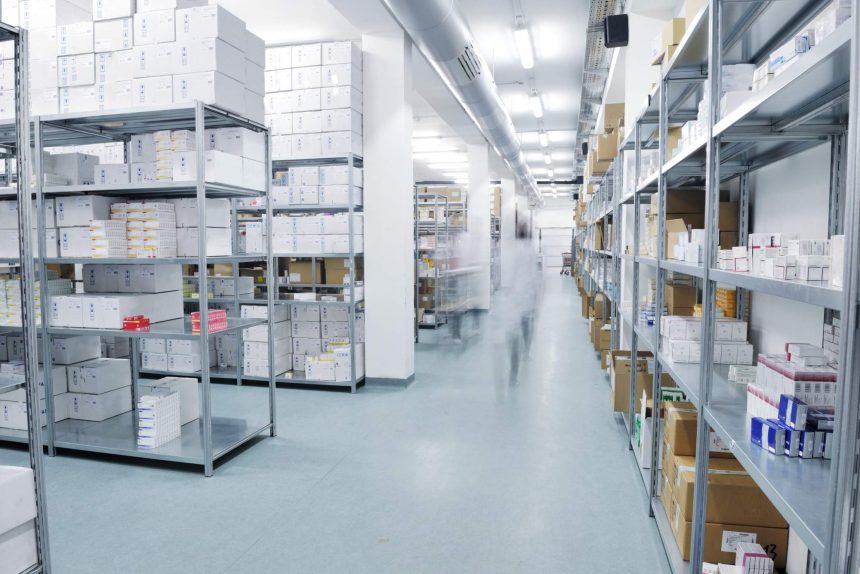Factories have been an integral part of the industrial revolution and helped to revolutionize mass production. The first factory is thought to have been built sometime after 1769 when Richard Arkwright patented the first spinning frame to be used in textile manufacturing and subsequently built a factory in Derby, UK. This heralded an age of industrialization that has shaped the modern world and was integral in building consumerism and modern capitalism. Today, factories are much more complex buildings and rely on a variety of high-tech machinery to allow them to produce goods in high volumes. If you are planning to start your own factory, here are some top tips to help, and ensure the process is smooth and successful.
What Will Be Produced?
The most vital question that needs to be answered before starting a factory is what product or products will be made. A thorough market research programme must be undertaken to ensure that there is sufficient demand for the products you intend to make and along with this, there must be a thorough analysis of your competitors. If the demand for a product is already fully satisfied by other manufacturing concerns in the locality, it will not be as economically viable to start producing this product. This would result in having to compete on price to undercut the competition which is not a healthy business practice for any company. However, if there is significant demand for a product it may be possible to offer a differentiated product from that of your competitors that positions it more uniquely in the marketplace. If the benefits offered by these differences are seen as highly beneficial then they should allow demand for this product over the offerings of your competitors.
Decide on the Location
Another key consideration is the location of the factory. It must be within proximity of major transport links such as motorways and freight train stations if you intend to produce heavy products that require shipping to other locations. Ideally, it should also be sited in an area with low rental prices to keep the operation’s fixed costs down. It will be further away from commercially zoned land as a result but should still be in an area that is easy for the workforce to reach every working day. In addition, it is worth researching if local governments offer incentives for new industrial businesses in certain locations. This can be to stimulate the economy or in areas where unemployment is higher than average. These government incentives can prove to be highly beneficial for new factories depending on the financial incentives that are offered.
Rent or Buy Equipment?
Most factories will use a range of industrial equipment in the day-to-day running of the company. However, some will be used on a less frequent basis. For example, a factory may require the occasional use of forklift trucks to help to move bulky raw materials that are delivered on a monthly or quarterly basis. In these circumstances, it may be financially beneficial to investigate forklift hire rather than purchasing these vehicles. For more information on forklift hire, see here. It makes sound financial sense to buy industrial machinery that is used continuously and rent equipment that is only used occasionally as it will save significant capital outlay.















